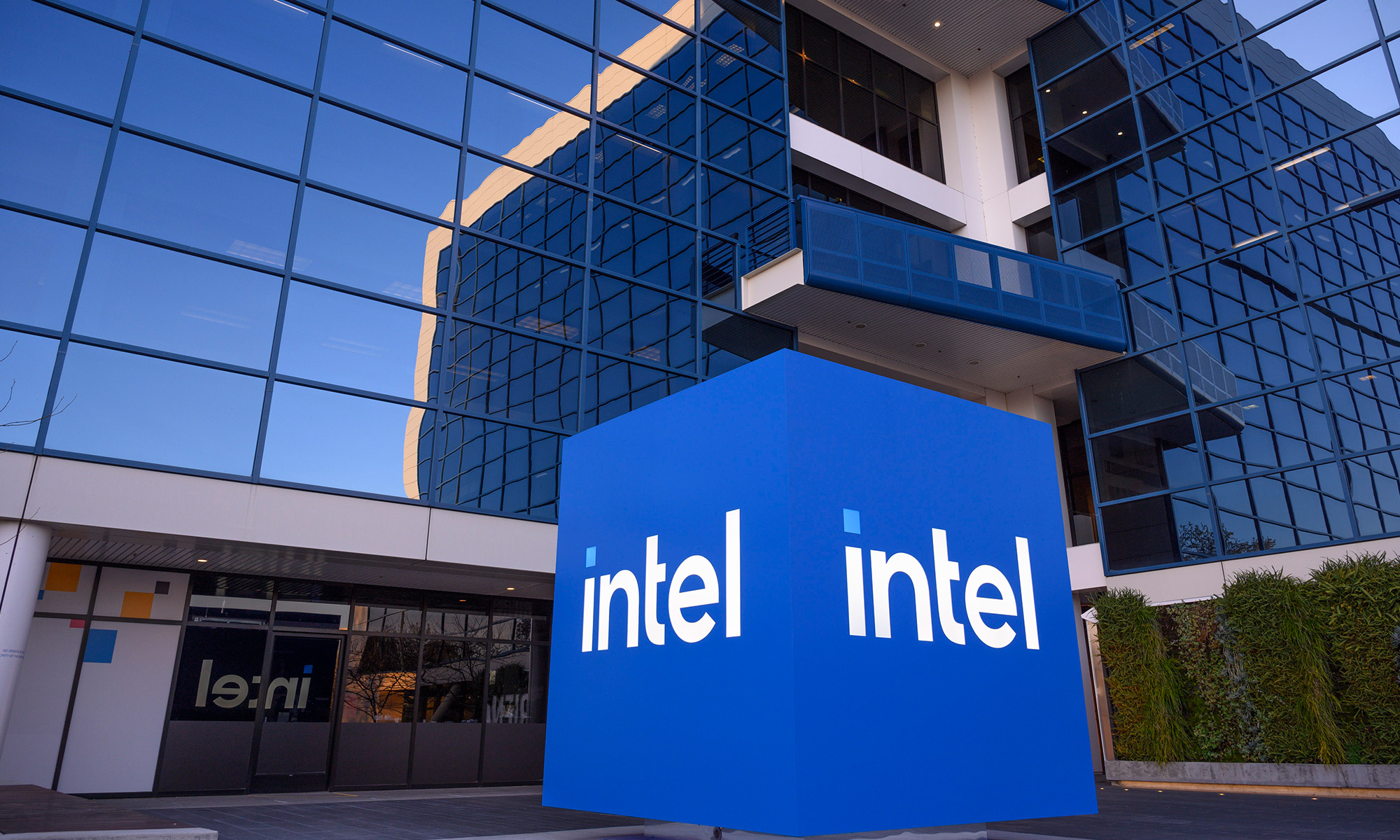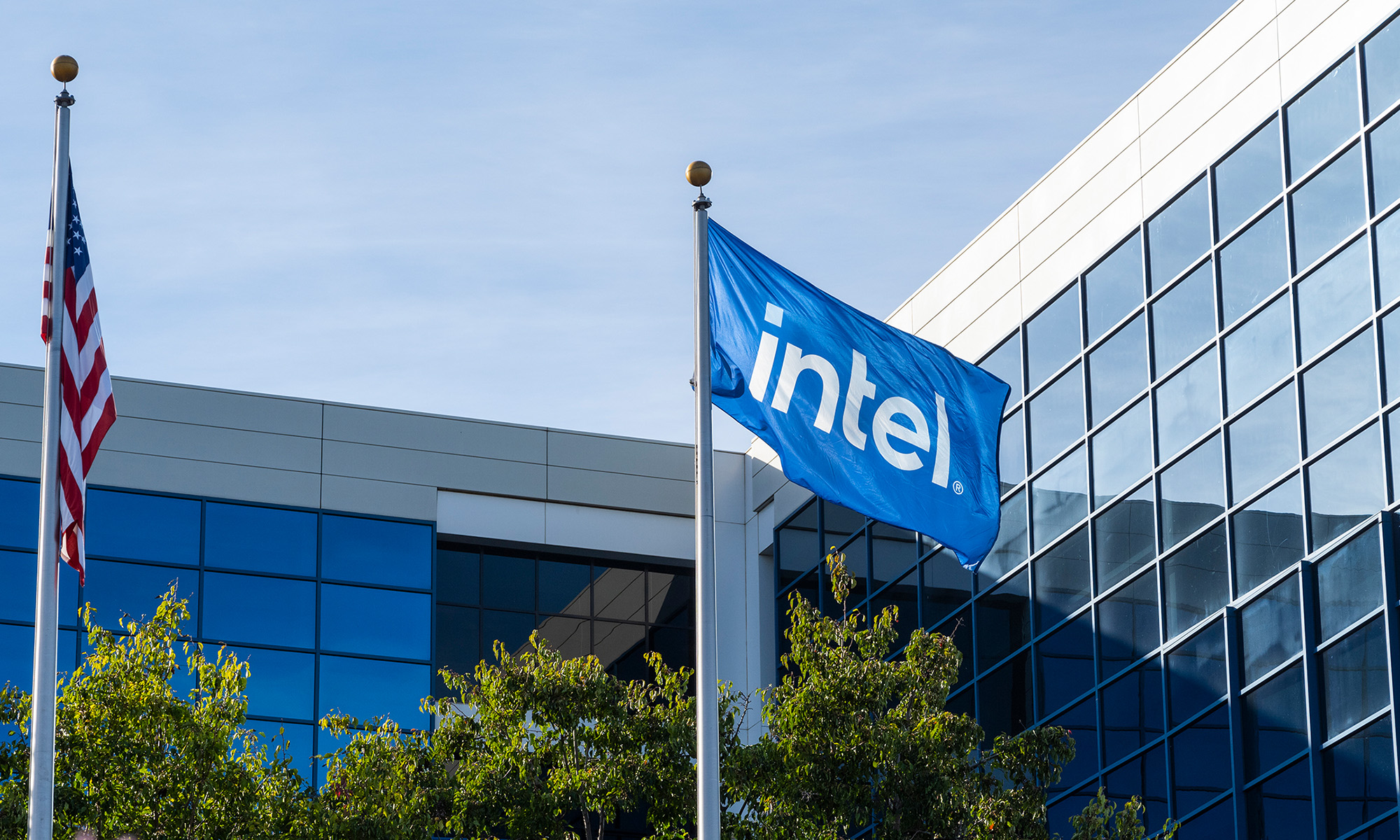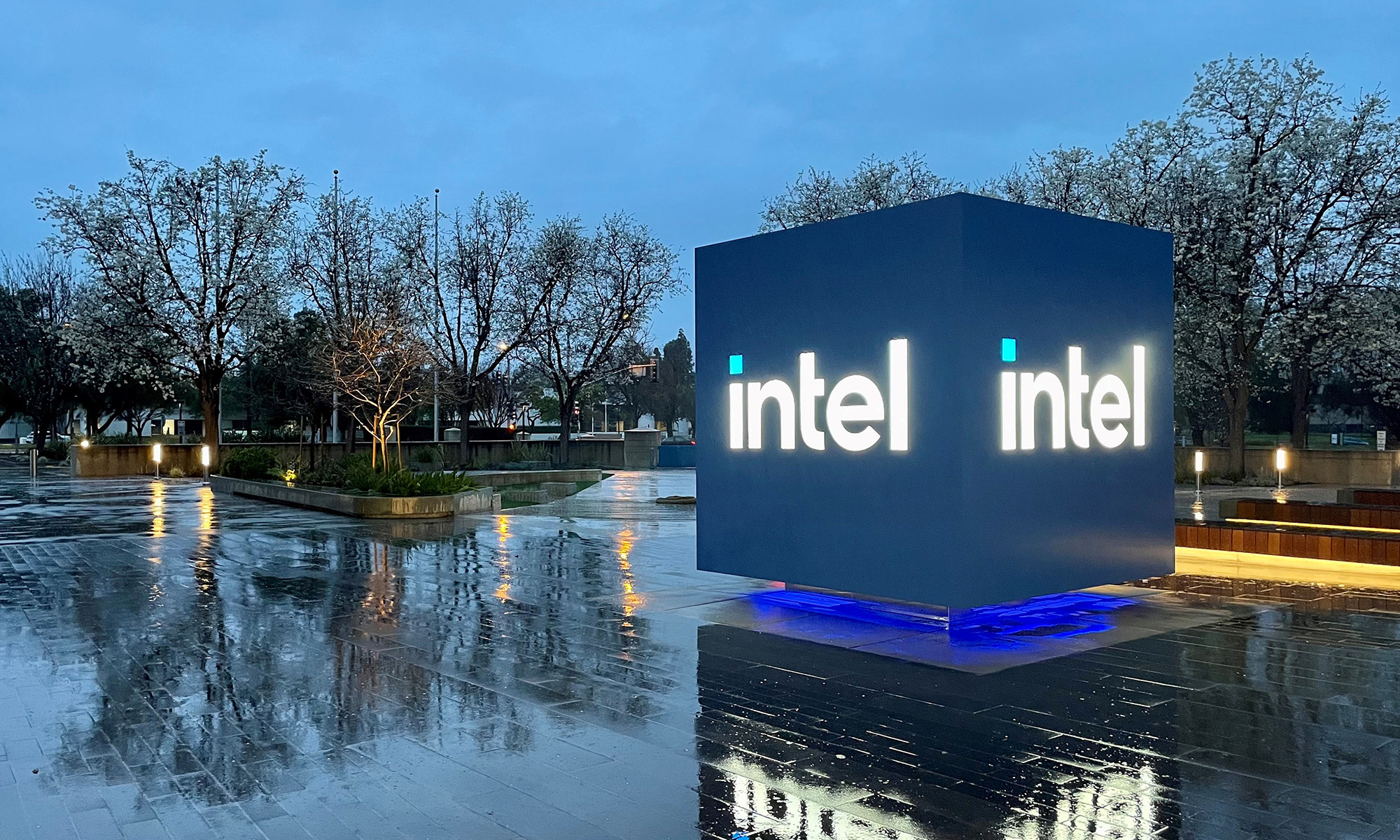Over on Twitter, tech blogger and chip enthusiast Matthias Waldhauer shared a link to the list of new processors from various vendors that computer hardware diagnostic software, HWinFO, has been updated to be able to recognize. One of the interesting additions that stood out to me was that the software now includes "enhanced support" for processors that use Intel's (INTC 5.72%) Goldmont processor architecture.
The two chips that the change-log claims use the Goldmont core are Apollo Lake (the next generation PC processor based on the Atom core) and, more interestingly, Denverton -- Intel's upcoming Atom-based 14-nanometer dense-server oriented chip.
This, in my view, should make this chip far more competitive than I had originally expected.
Airmont was barely a step forward from Silvermont; Goldmont should be a nice jump
The current generation Intel micro-server chip, codenamed Avoton, debuted in late 2013 and used Intel's, at the time, brand-new Atom processor core. At the time of release, Avoton was clearly superior to the few competing micro-server oriented offerings available
Even two years after release, Avoton still looks quite good against chips from companies such as Applied Micro (NASDAQ: AMCC), delivering strong performance at very good power consumption levels. However, the competition from the various ARM server makers is likely to heat up in 2016, so Intel will need to make sure it continues to deliver competitive offerings in this portion of the market.
I had originally believed that Denverton would use Intel's Airmont CPU cores and, as an Intel investor, I am glad that I was incorrect. Although Airmont was slightly improved over Silvermont, and although Intel would be able to pack in far more Airmont cores into a given space than it would Silvermont cores, it is unlikely that per-core performance would have moved up much given what we have seen from Airmont-based products currently in the market.
With Goldmont, which should be a significantly improved processor architecture relative to Silvermont/Airmont, Intel should be able to offer quite a nice jump in performance and efficiency with Denverton relative to Avoton.
Interesting stuff, but will they sell?
I suspect that a many-core micro-server chip with Intel's upcoming Goldmont cores integrated with the appropriate I/O and accelerators should be very competitive with what Intel's competitors will put out in a similar timeframe.
In fact, I would go so far as to argue that, to the extent that there is even a market for many-core server chips with "small" CPU cores, Intel should be able to defend its market segment share nicely.
The real question, though, is whether such products will ultimately prove compelling to major data center operators or not. Intel has suggested in numerous investor presentations that customers have been far more interested in buying its high-performance Xeon processors than in going with its Atom-based micro-server parts.
As far as highly integrated server system-on-chip products go, it seems more likely that future iterations of Intel's Xeon D processors – which integrate multiple Xeon-class CPU cores with various I/O blocks and workload accelerators – will be more interesting to customers in this market.
When will Denverton hit the market?
According to Intel's published server chip product launch plans, Denverton should arrive at some point in the "future." This is almost certainly a 2016 product launch and, given that Intel is expected to refresh its Xeon E5 product line during the first quarter of 2016, I wouldn't be surprised to see the company launch Denverton at around that time as well.





